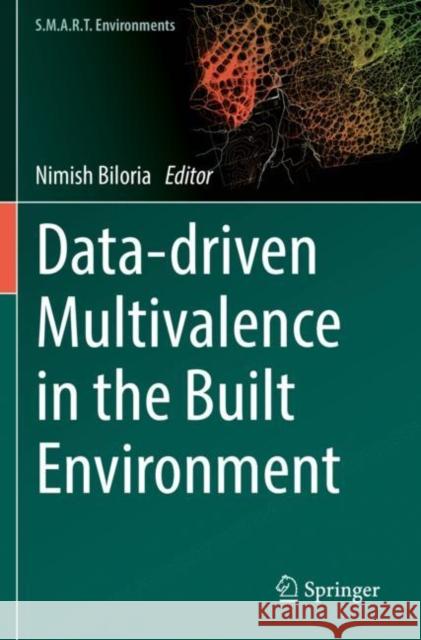Data-Driven Multivalence in the Built Environment » książka
topmenu
Data-Driven Multivalence in the Built Environment
ISBN-13: 9783030121822 / Angielski / Miękka / 2020 / 338 str.
Data-Driven Multivalence in the Built Environment
ISBN-13: 9783030121822 / Angielski / Miękka / 2020 / 338 str.
cena 362,27
(netto: 345,02 VAT: 5%)
Najniższa cena z 30 dni: 346,96
(netto: 345,02 VAT: 5%)
Najniższa cena z 30 dni: 346,96
Termin realizacji zamówienia:
ok. 22 dni roboczych.
ok. 22 dni roboczych.
Darmowa dostawa!
Kategorie BISAC:
Wydawca:
Springer
Seria wydawnicza:
Język:
Angielski
ISBN-13:
9783030121822
Rok wydania:
2020
Wydanie:
2020
Numer serii:
000877100
Ilość stron:
338
Oprawa:
Miękka
Wolumenów:
01











